Recently, some of our employees visited Recology, the official recycling service for San Francisco to learn more about the fascinating and often misunderstood world of recycling. This experience was eye-opening for all of us and afterward, we learned that the Imperfect community has a lot of the same questions that we did about how to recycle properly. Here are 10 of your most frequently asked questions about recycling and how to recycle, answered!
What percentage of recycling ends up in the landfill?
Approximately 25% of recycling cannot be recycled and gets sent to landfill instead. You can help turn this around by recycling properly!
What are some common recycling mistakes I might be making?
When in doubt, check with your local recycling service about what they currently accept. That said, some big things to avoid are:
-
Crushing aluminum cans before recycling them. If your recycling center is single stream (ie you put paper, plastic, and glass/aluminum into the same bin) crushing your cans will make them much harder for your local recycling system to sort and process later on, so keep those cans intact if you can.
-
Recycling loose shredded paper. This type of paper is too light and will blow around too much to be properly sorted. Either put it inside of a paper bag or compost it instead.
-
Recycling pizza boxes or cardboard food containers that are greasy or covered in food residue. Food-stained cardboard should be composted instead of recycled.
-
Putting your recyclables in a plastic bag for pick up. This makes it harder to process and sort them later.
-
Recycling dirty or wet plastic, glass, or paper (more on this below).
Do plastic/glass bottles need to be cleaned out before they’re recycled? How well?
Dirty plastic, glass, and paper cannot be recycled. So make sure to wash and dry plastic, metal, glass before putting them in the recycling. Even though this takes more time, it’s important to make sure that you’re not putting wet or dirty bottles or containers into your recycling because these contaminate other clean recyclables like paper, which means they cannot be recycled, either.
Can my Imperfect box be reused or recycled?
Yes! We’re excited to announce that we can now take back your delivery box and give it a second life at one of our food bank partners, who can reuse it to distribute food to your community. If we don’t have a food bank partner in your area, we’ll happily just recycle your box for you. All you have to do is follow the instructions listed on the blog post we’ve linked to above. Alternatively, if you’d rather reuse your box at home as a cat fort, storage solution, or way to help a friend move, please do that. When in doubt, please reuse things before recycling them!
What do the numbers on plastics mean? How do I know which plastics are recyclable and which ones are not?
The numbers inside of the triangles indicate what type of plastic you’re holding. Some types are quite easy to recycle and others are quite difficult. As a general rule of thumb, the lower numbers are easier to recycle than the higher ones.
Want a way to reference this later? Check out this handy plastic recycling cheat sheet!
Can I recycle broken glass?
Unfortunately, no. Broken glass is dangerous for people to sort through and often contains chemicals that are unsafe to meltdown and form into new glass. Broken glass must be sent to landfill with your trash.
How do I move away from single-use plastics?
While many plastics can be recycled, sadly 91% of them are not! The more sustainable solution is avoiding plastics where you can. Start by replacing your single-use items like shopping bags, water bottles, straws, and utensils with reusable ones. In your kitchen, try out Abeego or Beeswrap instead of plastic cling film, and replace those ziploc bags with a reusable Stasher bag.
Can I still compost if I live in an apartment?
Yes! There are a wide variety of composting solutions, no matter what type of space you have. To help you figure out the best composting situation for your living needs, check out our blog post all about composting.
Is it better for the environment to recycle or compost paper products?
It’s always important to remember the “3-Rs” are reduce, then reuse, then recycle, in that order. So in the case of paper, it’s best to use less paper first, then reuse it, then find a way to recycle it into other paper products. Composting your paper is better than throwing it away, but it effectively means that more trees need to be cut down to create another bag or box, so it would be better to recycle it if you can. One important exception is used pizza boxes which cannot be recycled, since they will contaminate other paper, and must be composted instead.
Is it true that recycling “wrong” does more harm than good?
It’s always important to remember that recycling (like growing food) is a system that takes a lot of time, labor, energy, and resources to run properly. So when people caution you against recycling “poorly,” they’re just reminding you that when you put dirty pizza boxes, wet bottles, and soiled plastic containers into the recycling stream, it not only means that someone is going to have to fish those out, it also means that perfectly recyclable materials will get contaminated along the way. Since recycling takes so much time and energy, we owe it to the hard-working folks who collect, sort, and process our recycling to do it correctly. That way, their work isn’t in vain and ultimately has a net positive impact on the environment!
We hope this helped answer some of your questions about recycling. Remember, when in doubt, check with your local recycling service before placing something in the recycling bin.
Want even more helpful resources for recycling properly and living less wastefully? Check out this guide from NRDC or this overview from the EPA.
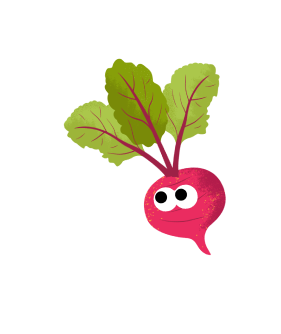
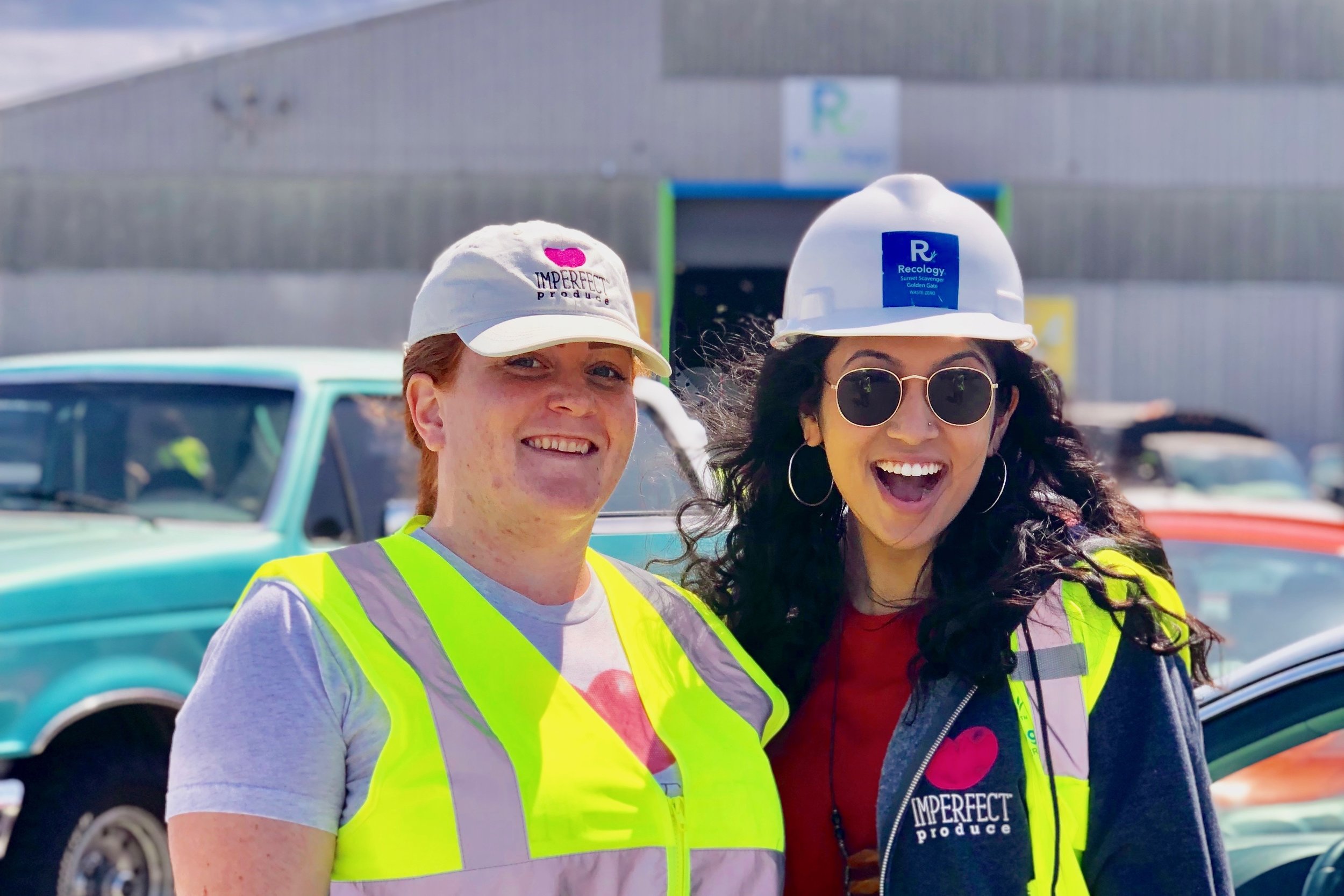


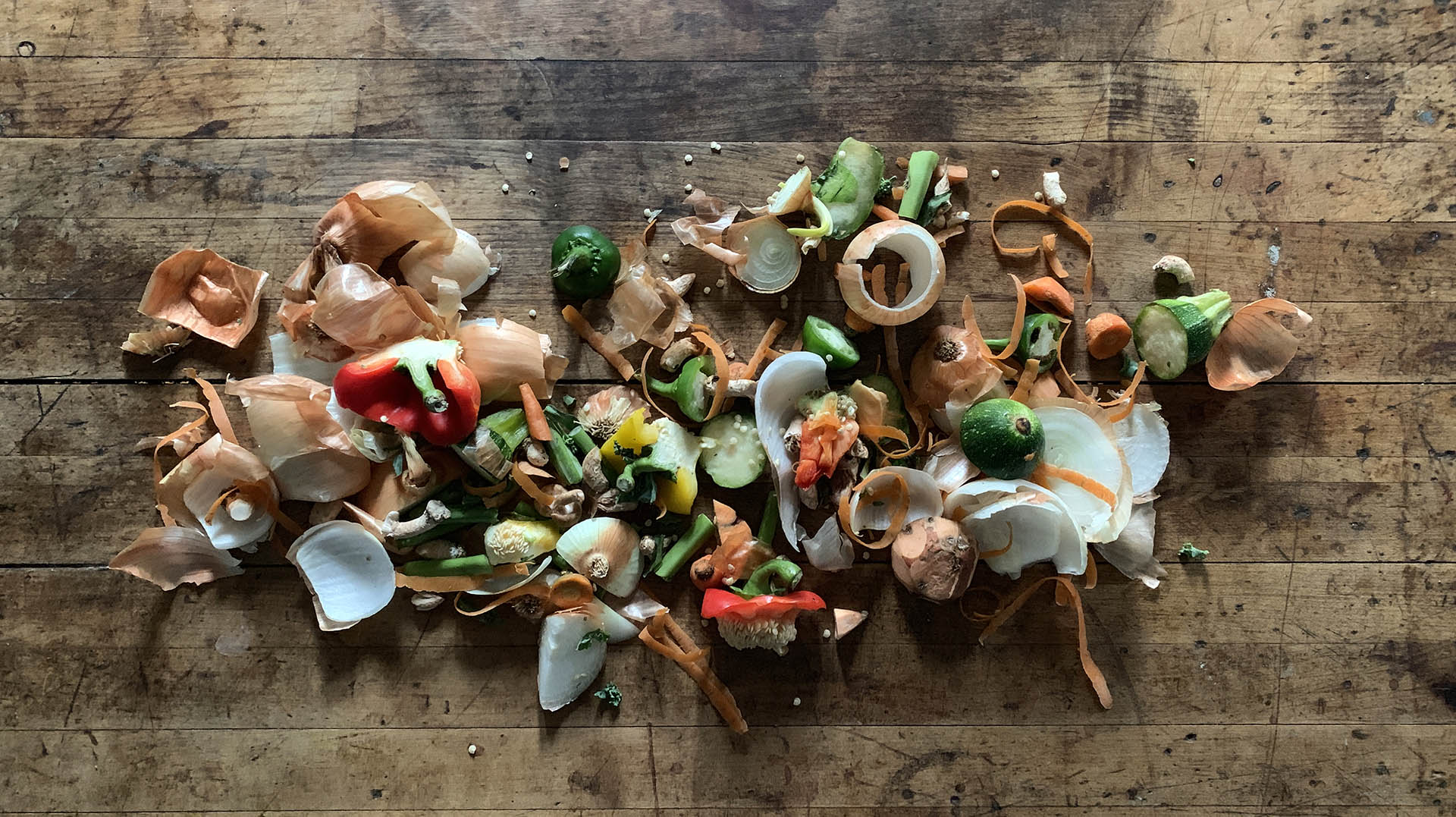
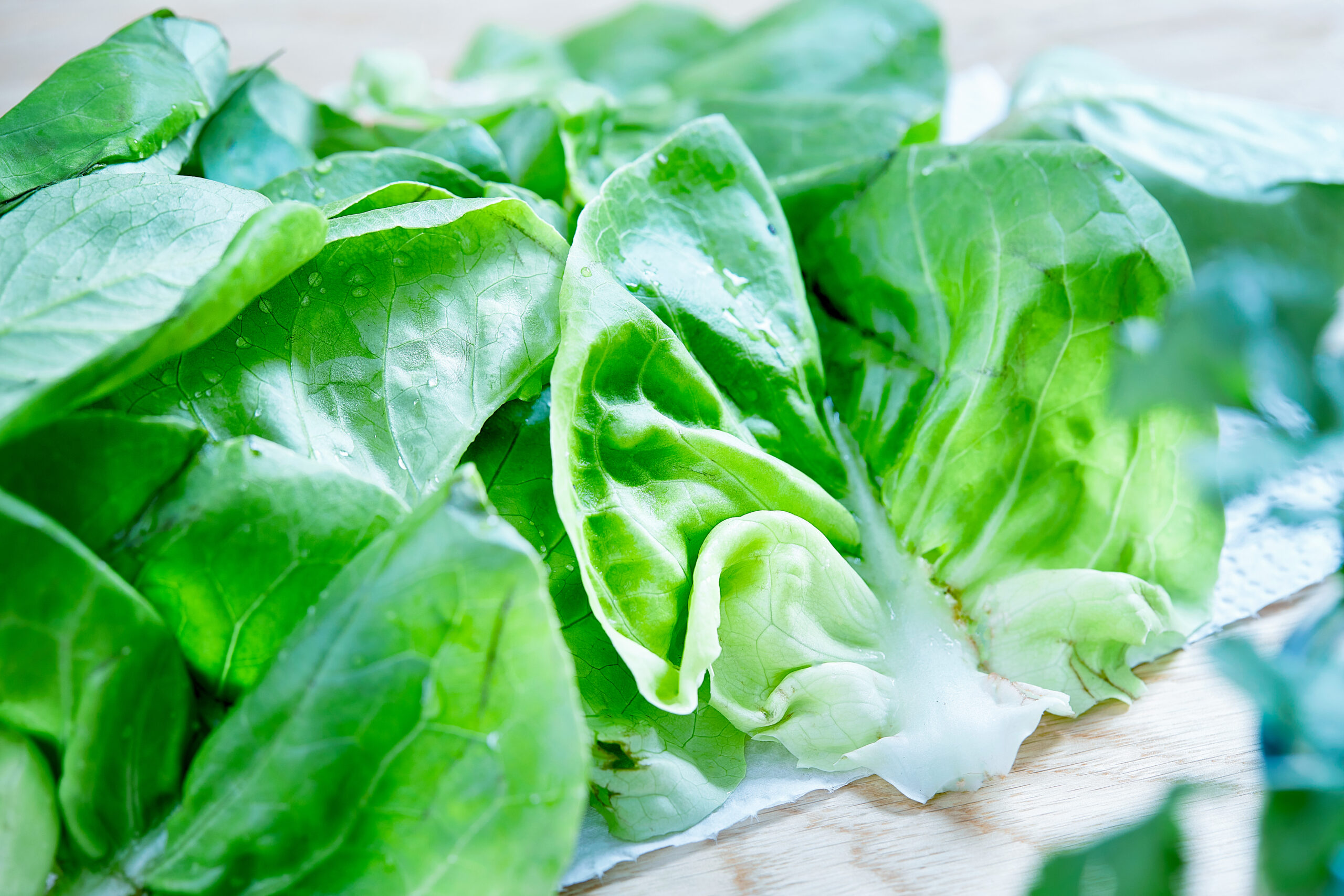
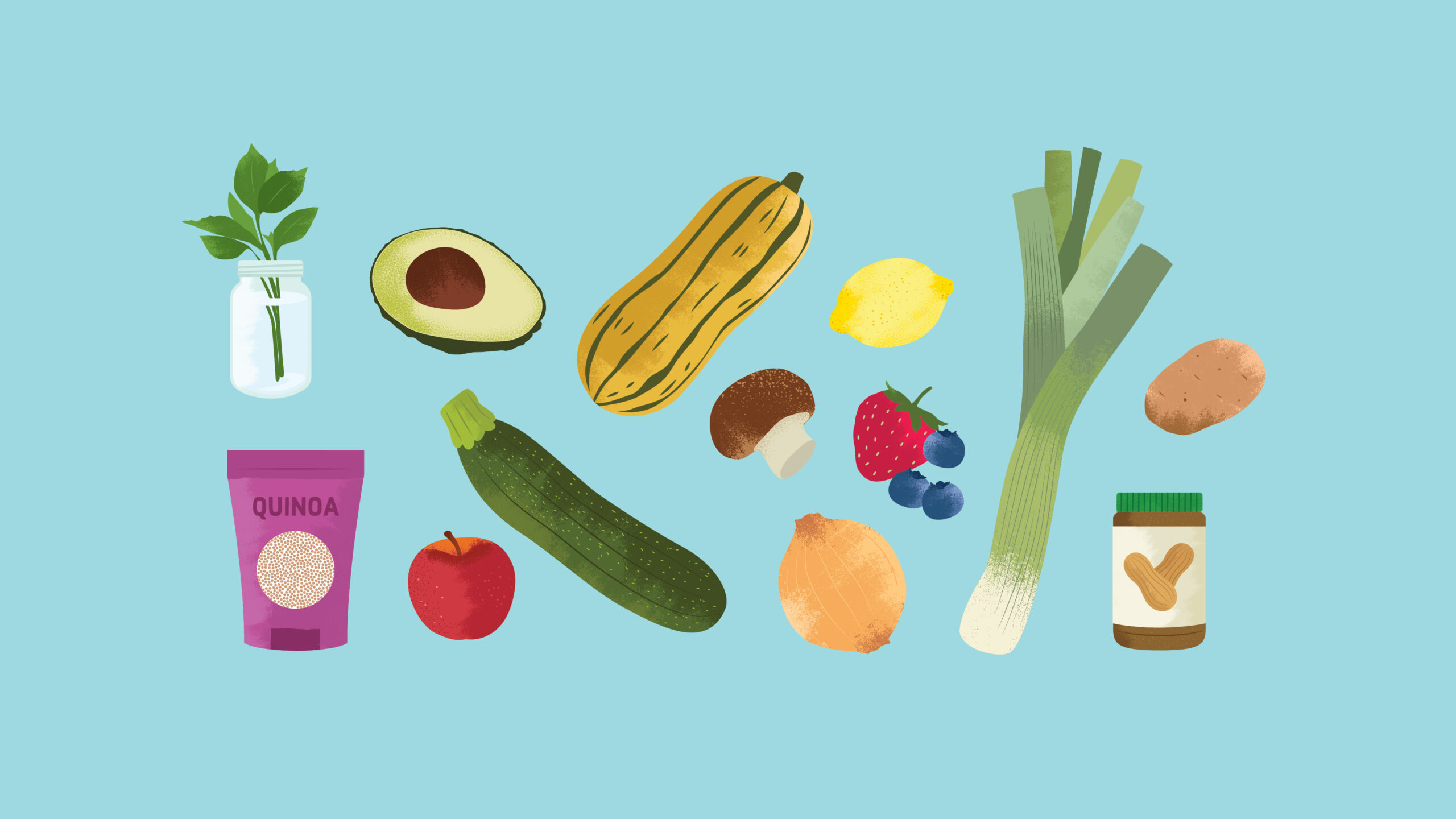
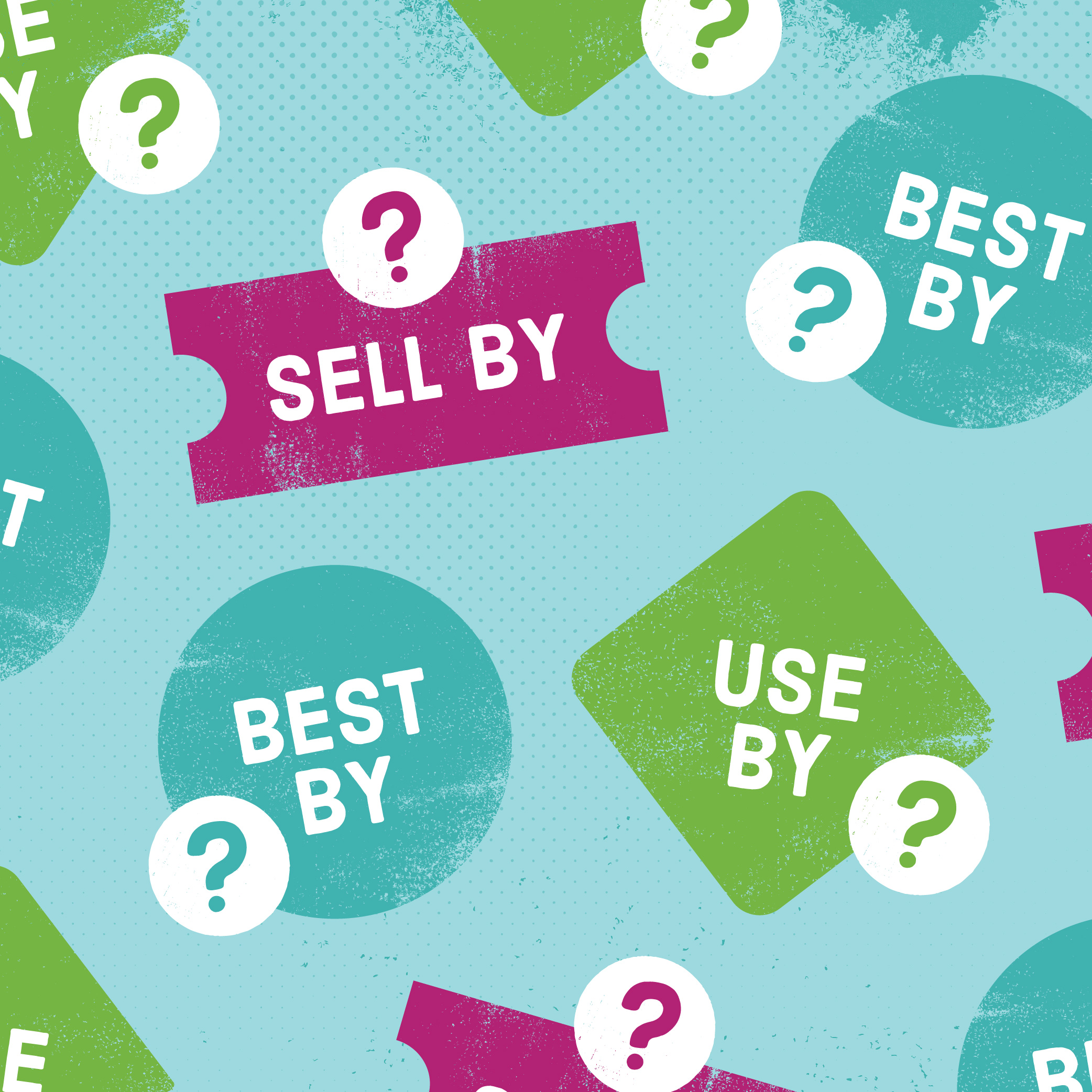
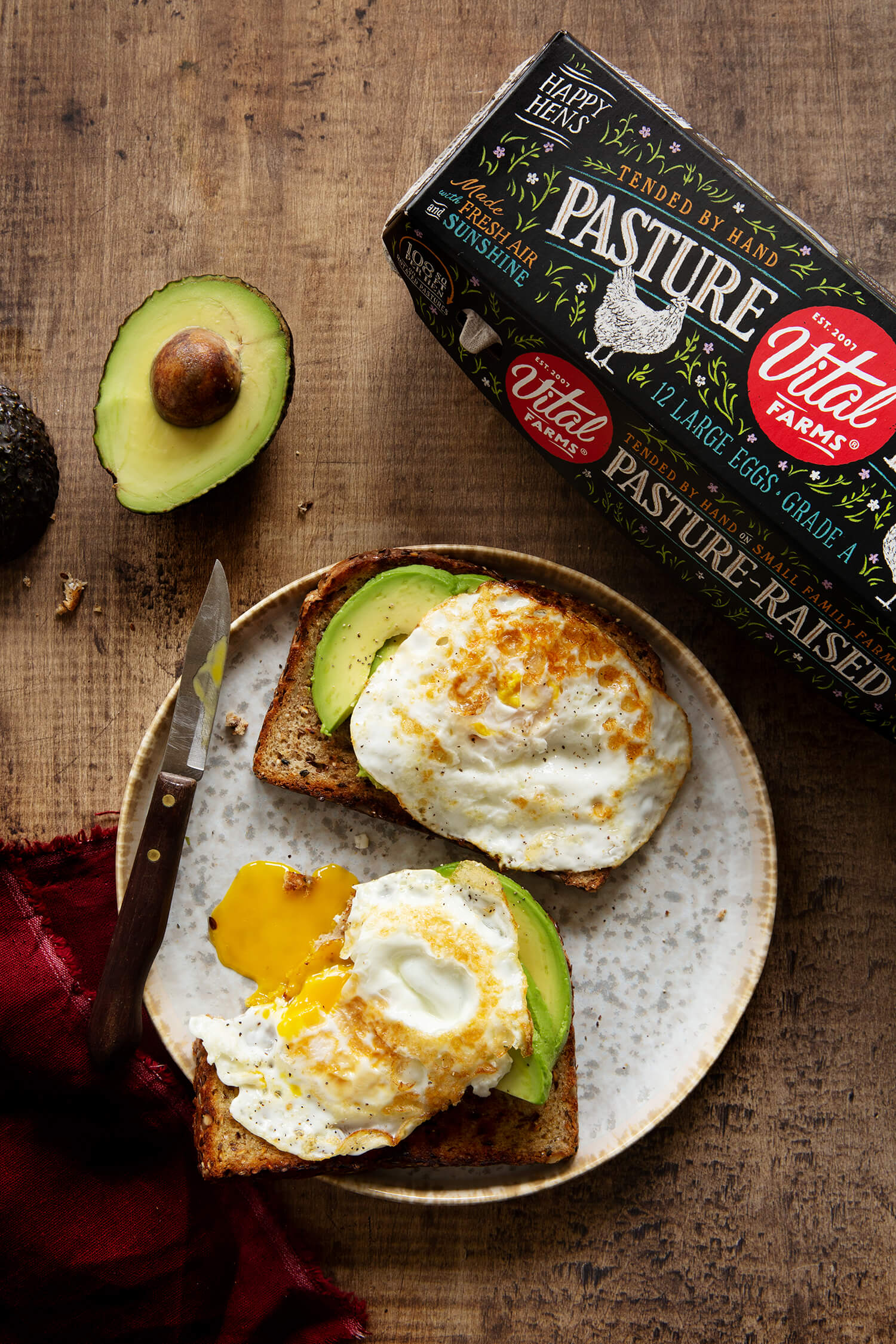

Regarding washing your recyclables and letting them dry before putting them out for collection–I don’t think that is true in all places. The recycling company that serves Minneapolis (where I live) says that you should give recyclables a quick rinse but they don’t need to be spotless: https://www.kare11.com/article/news/local/verify/verify-do-you-have-to-wash-recyclables/487133563
Before people use water and other resources to clean their recyclables, they should probably check with their local waste management company to see if that’s necessary.
Hey Forest! Thanks for reading our blog and for sharing this thoughtful response. You’re absolutely right that the first thing you should do when you have recycling questions is to contact your local recycling service to see what their requirements and recommendations are. Our main point in sharing this was to encourage folks to not recycle plastic or glass that still has lots of food residue inside, as this can end up contaminating other recycling around it. We appreciate you sharing your perspective on this!